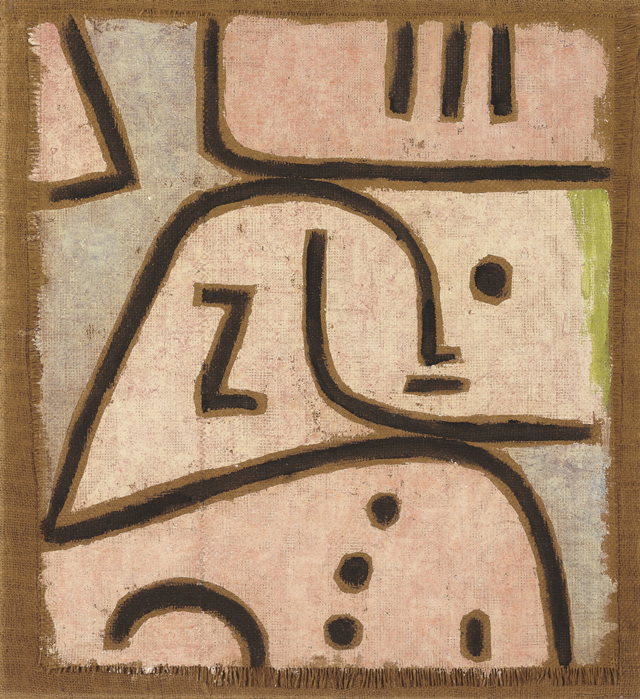The recent “personhood” amendment on the ballot in Mississippi has caused many to scratch their heads and ponder the meaning of “person”. Philosophers through the ages have tackled this thorny question with detailed treatises and little consensus.
Boethius suggested that a person is “the individual substance of a rational nature.” Descartes described a person as an agent, human or otherwise, possessing consciousness, and capable of creating and acting on a plan. John Locke extended this definition to include reason and reflection. Kant looked at a person as a being having a conceptualizing mind capable of purposeful thought. Charles Taylor takes this naturalistic view further, defining a person as an agent driven by matters of significance. Harry Frankfurt characterized as person as an entity enshrining free will driven by a hierarchy of desires. Still others provide their own definition of a person. Peter Singer offers self-awareness as a distinguishing trait; Thomas White suggests that a person has the following elements: is alive, is aware, feels sensations, has emotions, has a sense of self, controls its own behaviour, recognises other persons, and has a various cognitive abilities.
Despite the variation in positions, all would seem to agree that a fertilized egg is certainly not a person.
[div class=attrib]A thoughtful take over at 13.7 Cosmos and Culture blog:[end-div]
According to Catholic doctrine, the Father, the Son and Holy Spirit are three distinct persons even though they are one essence. Only one of those persons — Jesus Christ — is also a human being whose life had a beginning and an end.
I am not an expert in Trinitarian theology. But I mention it here because, great mysteries aside, this Catholic doctrine uses the notion of person in what, from our point of view today, is the standard way.
John Locke called person a forensic concept. What he had in mind is that a person is one to whom credit and blame may be attached, one who is deemed responsible. The concept of a person is the concept of an agent.
Crucially, Locke argued, persons are not the same as human beings. Dr. Jekyl and Mr. Hyde may be one and the same human being, that is, one and the same continuously existing organic life; they share a birth event; but they are two distinct persons. And this is why we don’t blame the one for the other’s crimes. Multiple personality disorder might be a real world example of this.
I don’t know whether Locke believed that two distinct persons could actually inhabit the same living human body, but he certainly thought there was nothing contradictory in the possibility. Nor did he think there was anything incoherent in the thought that one person could find existence in multiple distinct animal lives, even if, as a matter of fact, this may not be possible. If you believe in reincarnation, then you think this is a genuine possibility. For Locke, this was no more incoherent than the idea of two actors playing the same role in a play.
Indeed, the word “person” derives from a Latin (and originally a Greek) word meaning “character in a drama” or “mask” (because actors wore masks). This usage survives today in the phrase “dramatis personae.” To be a person, from this standpoint, is to play a role. The person is the role played, however, not the player.
From this standpoint, the idea of non-human, non-living person certainly makes sense, even if we find it disturbing. Corporations are persons under current law, and this makes sense. They are actors, after all, and we credit and blame them for the things they do. They play an important role in our society.
[div class=attrib]Read the whole article here.[end-div]
[div class=attrib]Image: Abstract painting of a person, titled WI (In Memoriam), by Paul Klee (1879–1940). Courtesy of Wikipedia.[end-div]

